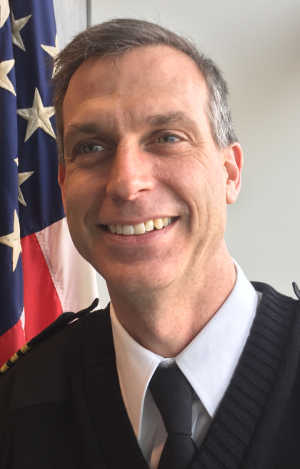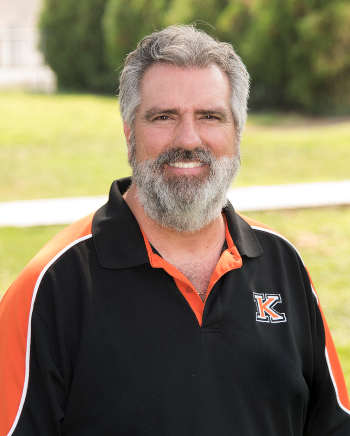- Greg Dill
- Posted On
Understanding Medicare: Your rights and protections

Did you know that Medicare has an ombudsman to help you resolve complaints you may have about your healthcare?
Congress created the job of Medicare Beneficiary Ombudsman to assist people with Medicare with their inquiries, complaints, grievances, appeals, and requests for information.
The Medicare Beneficiary Ombudsman also shares information with Congress, the Secretary of Health and Human Services, and other organizations about what works well and what doesn’t work well to improve the quality of the care you get through Medicare.
If you need help with a Medicare-related inquiry, there are several ways you can get help.
1. Call your plan. If your inquiry is related to your Medicare Advantage (Part C) plan or Medicare Prescription Drug (Part D) plan, contact your plan first using the phone number on your plan member ID card. Your plan is the best resource to resolve plan-related issues.
2. Call 1-800-MEDICARE (1-800-633-4227). TTY users should call 1-877-486-2048. If your concern is related to Original Medicare, or if your plan was unable to resolve your inquiry, contact 1-800-MEDICARE for help.
3. Contact the SHIP. The State Health Insurance Assistance Programs, or SHIPs, provide free, high-quality counseling to people with Medicare regarding their benefits, coverage, appeals, and complaints. SHIP counselors are volunteers who often have Medicare themselves, so they know the issues and they’re not trying to sell you anything. Find your local SHIP at https://www.shiptacenter.org/.
4. Contact the Medicare Beneficiary Ombudsman. If you have been unable to resolve your concern with your plan or 1-800-MEDICARE, ask a 1-800-MEDICARE representative to submit your complaint or inquiry to the Medicare Beneficiary Ombudsman. The Ombudsman will help to ensure that your inquiry is resolved appropriately.
No matter how you get your Medicare, you have certain rights and protections. As a person with Medicare, you’re entitled to:
– Be treated with dignity and respect at all times.
– Be protected from discrimination. Every company or agency that works with Medicare must obey the law. They can't treat you differently because of your race, color, national origin, disability, age, religion, or sex.
– Have your personal and health information kept private.
– Get information in a way you understand from Medicare, health care providers, and, under certain circumstances, contractors.
– Get understandable information about Medicare to help you make health care decisions, including: what’s covered, what Medicare pays, how much you have to pay, what to do if you want to file a complaint or appeal.
– Have your questions about Medicare answered.
– Have access to doctors, specialists, and hospitals.
– Learn about your treatment choices in clear language that you can understand, and participate in treatment decisions.
– Get healthcare services in a language you understand and in a culturally-sensitive way.
– Get Medicare-covered services in an emergency.
– Get a decision about healthcare payment, coverage of services, or prescription drug coverage. When a claim is filed, you get a notice letting you know what will and won’t be covered. The notice comes from one of these: Medicare; your Medicare Advantage plan (Part C); Your Medicare prescription drug plan (Part D); your other Medicare health plan. If you disagree with the decision on your claim, you have the right to file an appeal.
– Request a review (appeal) of certain decisions about healthcare payment, coverage of services, or prescription drug coverage. If you disagree with a decision about your claims or services, you have the right to appeal.
– File complaints (sometimes called "grievances"), including complaints about the quality of your care.
You can find more information at https://www.medicare.gov/claims-appeals/your-medicare-rights/get-help-with-your-rights-protections.
Greg Dill is Medicare’s regional administrator for Arizona, California, Nevada, Hawaii, and the Pacific Territories. You can get answers to your Medicare questions by visiting www.Medicare.gov or calling 1-800-MEDICARE (1-800-633-4227).



 How to resolve AdBlock issue?
How to resolve AdBlock issue? 




